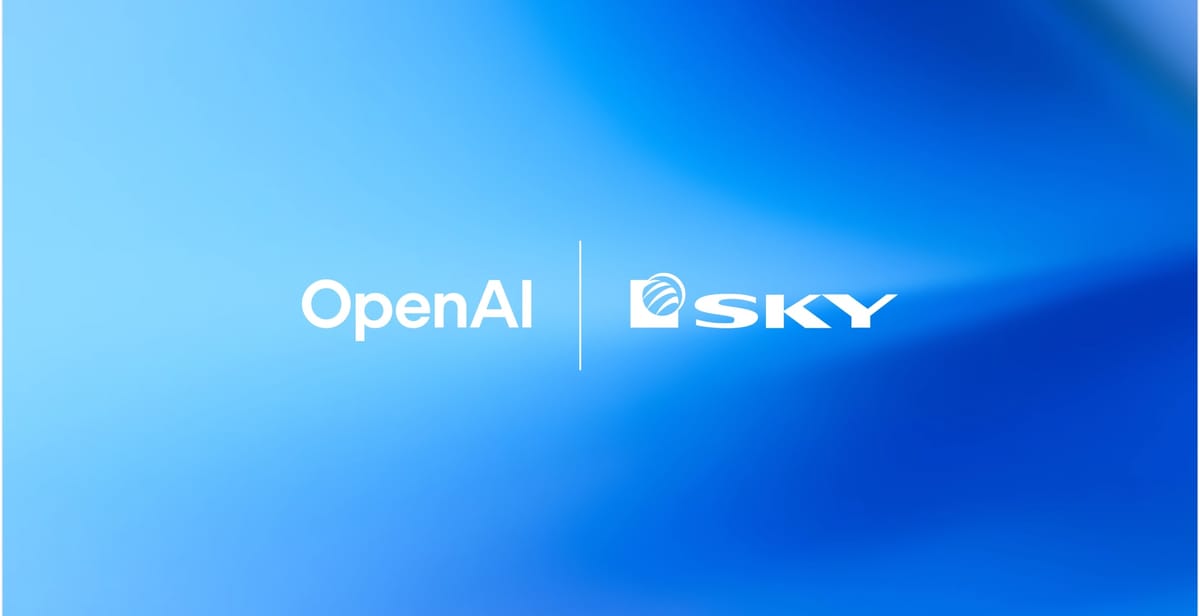
OpenAI bought Software Applications Incorporated on Thursday, acquiring Sky—a Mac app that lets you control your computer through natural language. The entire team is joining OpenAI to integrate Sky's capabilities into ChatGPT.
Key Points:
- Sky reads what's on your screen and can take actions in your apps, going beyond ChatGPT's current text-based responses
- OpenAI's framing the move as evolution from responding to prompts to "helping you get things done"
- The acquisition was led by Nick Turley and Fidji Simo, with Sam Altman's investment fund holding a passive stake in Sky
Sky represents OpenAI's clearest push yet into native desktop integration. While ChatGPT lives in browsers and standalone apps, Sky was built to float over your desktop and interact with the OS directly. That's a different product philosophy—one that prioritizes ambient assistance over destination experiences.
The Sky deal lands two days after OpenAI launched ChatGPT Atlas, its AI-powered browser for Mac. That's not coincidence—it's strategy. Atlas puts ChatGPT at the center of web browsing with agent mode that can complete multi-step tasks. Sky extends that same logic to the OS level, letting ChatGPT see and control native Mac apps. Together, they form OpenAI's play to own the entire computing interface on Apple's platform.
Anthropic's Claude has been pushing computer use capabilities. Microsoft's Copilot is embedded across Windows. Google's experimenting with agent-like features in Search and Assistant. Nobody's figured out the right interface for AI that actually does things on your computer, but everyone's racing to plant their flag.
OpenAI's pitch is familiar: "AI that understands context and adapts to your intent." The harder question is whether people want an AI layer floating over their desktop at all. Sky's existing users clearly found value in it, but consumer appetite for always-on AI interfaces remains unproven at scale.
The real tell will be how much of Sky's DNA shows up in ChatGPT versus how much gets rebuilt from scratch. Deep OS integration is messy, permission-heavy work. If OpenAI can pull it off without turning ChatGPT into bloatware, they'll have something. If not, this becomes another acqui-hire where the product vision dies in committee.

